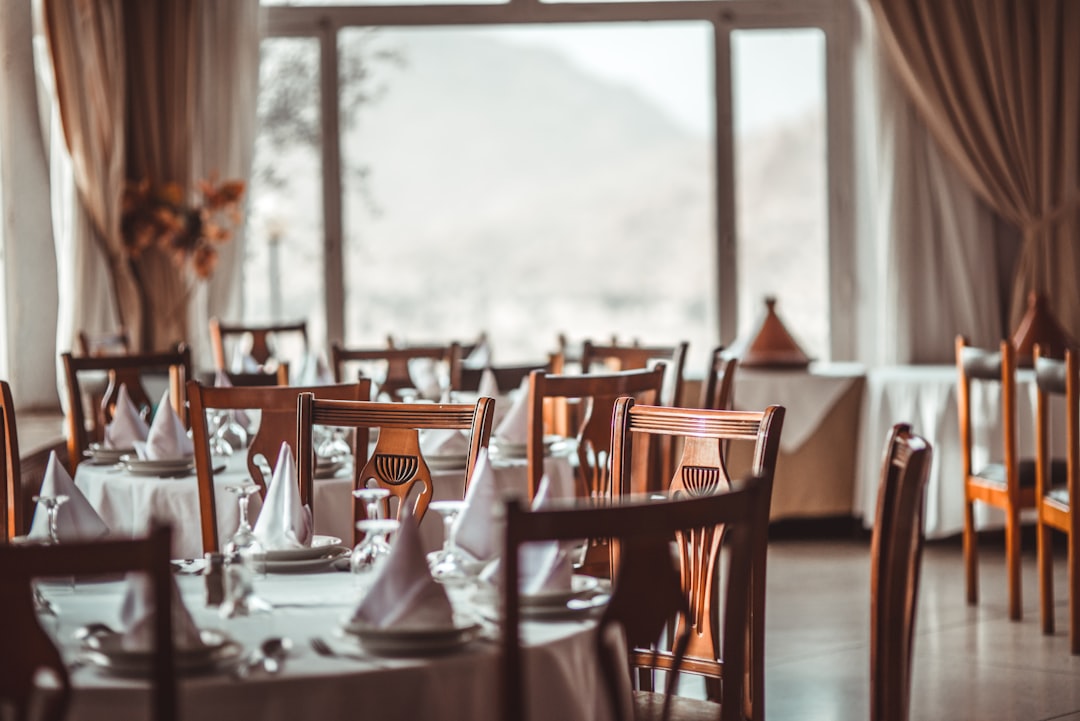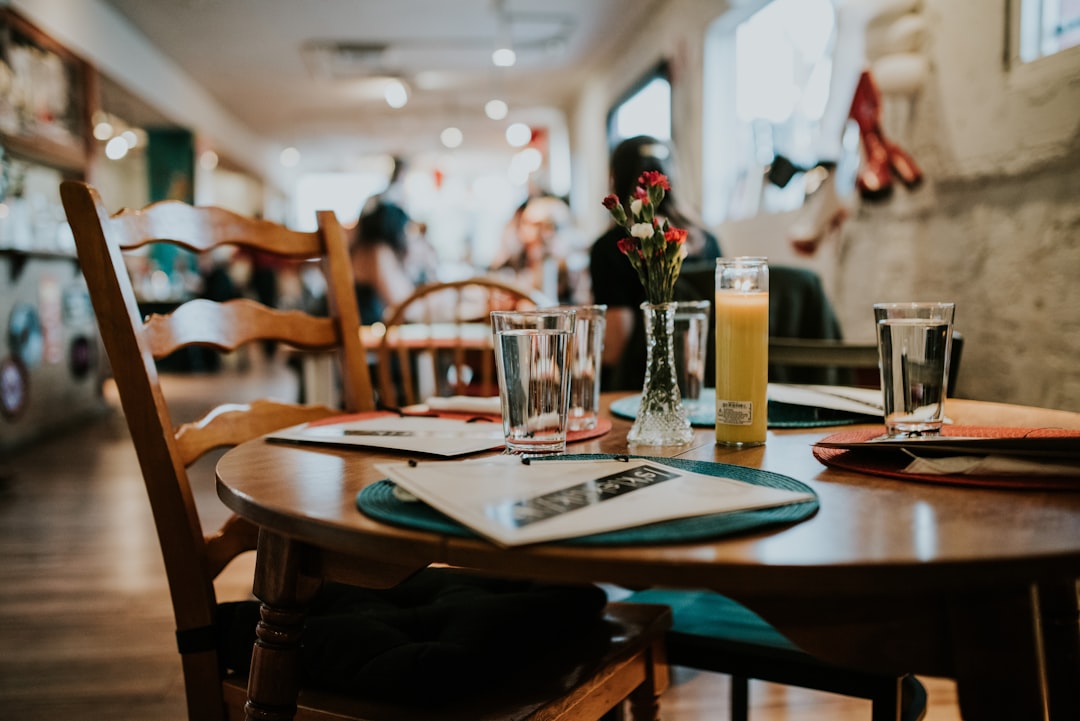WHAT IS A SUPPER CLUB?
Supper clubs are informal eating establishments serving a "dinner" of varying prices and styles.
They are most often small, family-owned businesses with no one in charge of the front or back of the house (i.e., no restaurant "chef"), and include affordable, full-service establishments as well as bar-type places with limited menus.
The most common form of the supper club is the "nibble club".
Depending on the rules and regulations, they can operate to a wide range of regulations.
Unlike similar restaurants, supper clubs do not include anything in their menu requiring government licenses or fees.
Supper clubs offer a dining experience that does not require a table, a staff, or prices that exceed the means of the customer.
They may be attended by families or business people meeting on a regular basis.
In Canada, supper clubs are regulated by the provinces of Alberta, British Columbia, Manitoba, New Brunswick, Newfoundland and Labrador, Nova Scotia, Prince Edward Island, and Ontario.
Supper clubs in the United States, however, are regulated by the states.
Each state has its own regulations regarding ownership and operation.
Food and drink establishments cannot be located within a school and must have 24-hour service during school hours.
Government inspectors are also present to check that the license applications are complete.
Brick and mortar supper clubs with alcohol on the premises are also subject to public drinking laws and may be subject to additional rules if a school is near.
In Britain, clubs of the same style can be found in countries that use the pound sterling (such as the United Kingdom, Canada, New Zealand, Australia, Hong Kong, Singapore, and South Africa), or in those countries using other currencies (such as Malta, Gibraltar, and Cyprus).
Many local councils allow the sale of alcohol within pubs, but they may impose restrictions on the terms of sale.
In those jurisdictions, only off-licenses may serve beer, wine, spirits, and other non-alcoholic beverages. Unlike the United States, the menu is always the same.
Food may be ordered from the counter in the same way as fast-food restaurants and, as in the USA, maybe taken directly to a table or taken back to the kitchen to be cooked by the cook.
There is also a difference between "fast food" and a diner.
In the USA, the diner has to use a "restaurant table".
Some diners, especially in the early years, used oil lamps (oil lamps being the usual light source at the time).
In Britain, supper clubs tend to use gaslighting, or more recently, electricity, and most have seating for three or four people.
In the UK, dinner and supper clubs tend to use table service, but in the USA, the customer often takes the meal to the table.
Since the early twentieth century in the United States, supper clubs are sometimes referred to as "nightclubs" but they are much more informal than other types of restaurants and often not air-conditioned.
They may be full service, allowing diners to order their own food or drink, and may include a buffet-style menu, waiter service, and alcohol sales.
The waiters wear white dinner jackets and, in a few instances, also bowler hats.
Not all supper clubs are available for public dining.
A few are private dining clubs, such as the Minskoff Inn in the Metropolitan Opera House, Lincoln Center in New York City.
Private supper clubs may charge fees for entry, usually ranging between a hundred dollars and five thousand dollars.
As a business, a supper club does not usually have employees except for the kitchen staff.
The kitchen is usually staffed by waiters, though they may also be chefs.
The menu for a supper club is provided by the management.
The cuisine and ambiance of a supper club are often thought of as European in nature, in contrast to the casual nature of diners.
To sum up, supper clubs often have a dark interior, elaborate décor, and good food and drink, usually in a "white-tablecloth" fashion.
Check out the 10 Best Supper Clubs in Wisconsin


